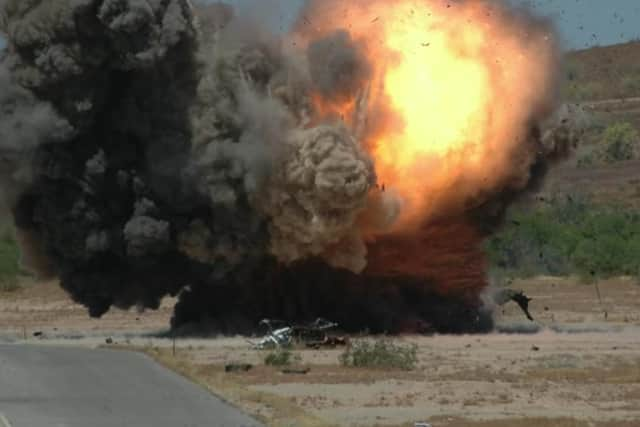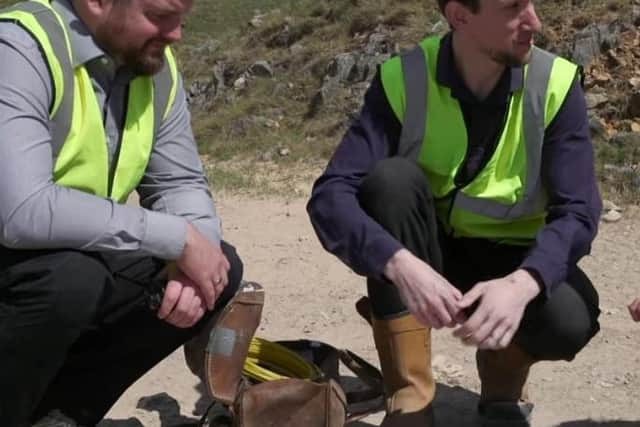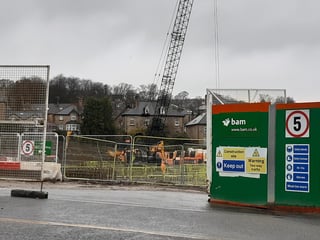New blast laboratory to help protect against terrorist attacks in Sheffield
and live on Freeview channel 276
The first of its kind facility, led by Dr Sam Clarke from the university’s Department of Civil and Structural Engineering, could help academia and industry to better optimise materials that are capable of resisting or mitigating the effects of explosions.
Thanks to £1.3 million of government funding as part of the World Class Labs initiative, the Sheffield researchers are building a new laboratory that will provide a safe environment in which explosive, fragment and ballistic tests can be conducted whilst allowing the highest possible spectrum of data to be collected.
Advertisement
Hide AdAdvertisement
Hide AdThe data could inform ways to protect critical infrastructure and urban environments, such as buildings and vehicles, against explosive threats.


Most experimental research on the impact of blasts uses highly simplified geometric scenarios.
However, as real-world explosions often occur in more complex settings, such as densely populated cities and urban areas, there is a need to better understand how explosives interact with, and their effects are influenced by, the materials and structures that surround them.
This includes the detonation products and resulting fragments produced by an explosion that pose a major risk to life.


Advertisement
Hide AdAdvertisement
Hide AdThe laboratory will be able to deliver this crucial insight using a new reinforced concrete blast chamber, capable of withstanding a 1kg explosive internal blast.
Dr Clarke, Senior Lecturer in Geotechnical Engineering, said: “The grant provides a step-change in our capabilities to investigate the region very close to an explosive detonation.
"The combination of ultra-high speed cameras, thermal imaging and flash x-ray diagnostics, combined with our current capa bilities in load characterisation will give us a unique capability to push forward research into protecting people from devastating blast effects.”
More information on blast research at the University of Sheffield is available in the following film: https://youtu.be/wZV7ZBsOWkU
In these confusing and worrying times, local journalism is more vital than ever. Thanks to everyone w ho helps us ask the questions that matter by taking out a digital subscription or buying a paper. We stand together. Nancy Fielder, editor.
Comment Guidelines
National World encourages reader discussion on our stories. User feedback, insights and back-and-forth exchanges add a rich layer of context to reporting. Please review our Community Guidelines before commenting.
